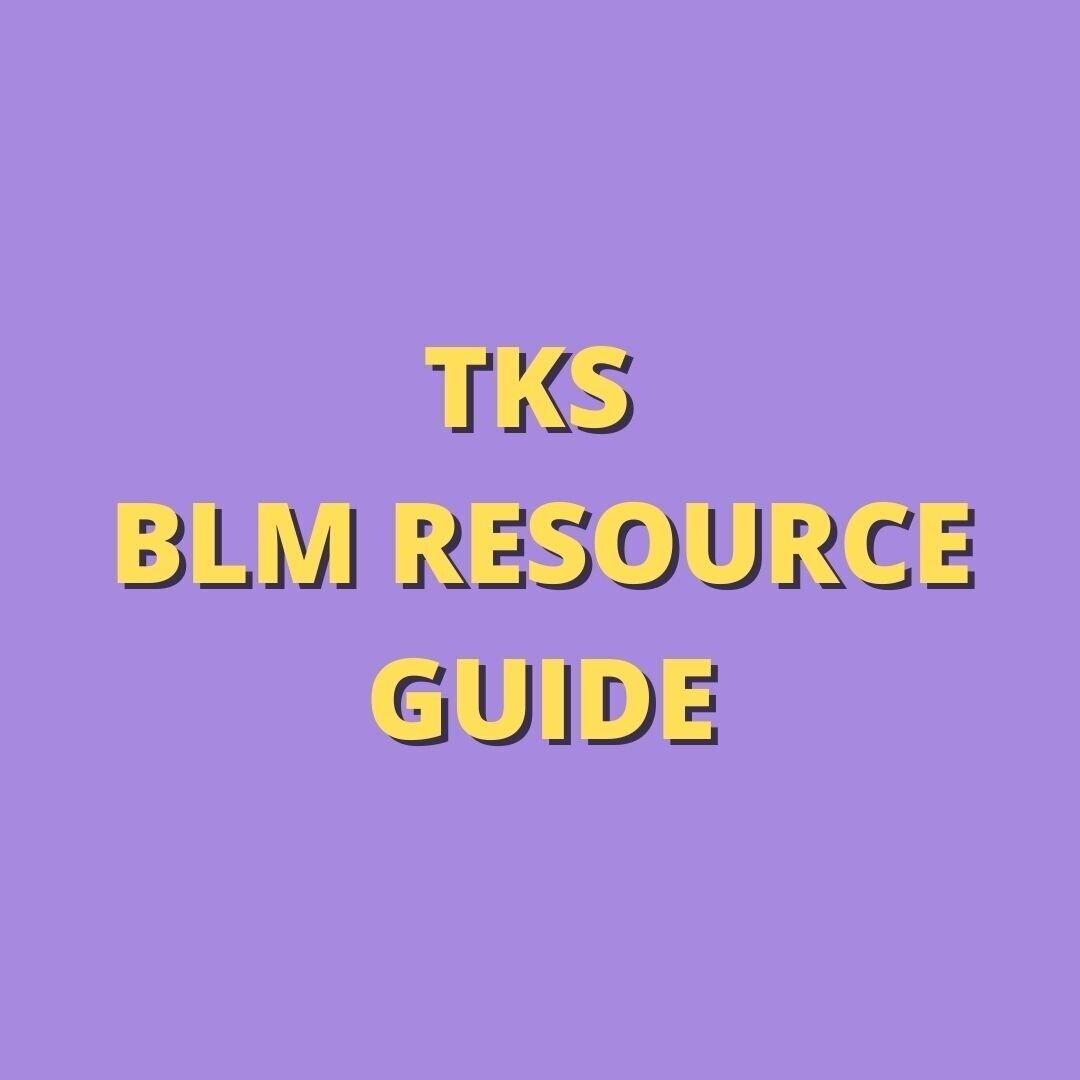An updated resource guide to educate the Knox Community on how to support the Black community with Black History Month coming to a close
This year, TKS did not cover the many events that happened during Black History Month — as following our recent conversations, we did not feel intruding on Black cultural events was best way for us to support the Black community on campus.Instead, we want to post an updated Black Lives Matter (BLM) resource guide, expanding on the one we posted during the summer protests.
As a media organization, the TKS editorial team wants to use our platform to offer a variety of resources to guide the Knox Community on ways to support Black Lives Matter. Here you will find a variety of different petitions, funds, social media accounts and other content as a way to continue the conversation within our Knox community. This is not everything, and this will definitely not solve anything. This is just the beginning. This is not a moment, it is a movement. Use these resources as a way to continue your education and support for the movement moving forward.
If you have any questions, suggestions for additions to the lists or concerns, please feel free to see this as a conversation.
Petitions:
Petitions are an easy and important way to get involved when money is tight. Keep in mind that there are hundreds of petitions to sign. It is important to note that many petitions are on change.org which is a larger cooperation that receives most of the money donated to the petitions. We strongly urge you NOT to donate to this site and instead search out other places to donate that give the recipient the money, instead of giving it to big business.
Rather than listing a bunch of petitions, we will link this master document that continues to be updated: BLM Resources
Places to Donate:
Please keep in mind that there are hundreds of places to donate, and this list could go on and on. This is merely to get the Knox community involved in donating our funds to organizations that we have researched ourselves. We strongly urge you to research places to donate—preferably places that center communities of BIPOC (Black, Indigenous and People Of Color) close to you—while keeping in mind where the money is directly going.
-
Bail Funds:
-
Queer Funds:
-
Political Organizations:
-
Relief Funds:
-
Long-Term Investments (Monthly payment)
Individual Funds:
Resources for NBPOC:
Resources for White People:
A message to the white folks in the Knox community: this is not a time to stay silent. Now is the time to address your privilege head on. Do the work and research what you don’t understand. Keep in mind that there are tons of resources out there to assist you in recognizing how you can make a difference and how you can use your privilege to contribute to the movement.
-
Talking to Other White Folks:
-
Recognizing Privilege:
-
So You Want to Talk About Race By Ijeoma Oluo
-
How to have a productive conversation about race (Notes from Ijeoma Oluo’s So You Want to Talk About Race)
-
White Fragility Self-Test (A thread) Twitter: @thearmchaircom
-
Useful terms for Google search bar (Keep in mind that Google can be a good resource to an extent, but can also lead you astray. Read this article to learn more about search engines making people more racist.)
-
“What is antiracism?”
-
“What is white privilege?”
-
“What is white supremacy?”
-
“What is anti-Black racism?”
-
“How to be an ally to Black people”
-
“Books on anti-racism”
-
“Books for white allies”
-
“School to prison pipeline”
-
“Redlining”
-
“Voter suppression”
-
“Police brutality”
-
“War on Drugs”
-
“Racial wealth gap”
-
“Systemic racism”
-
“Prison industrial complex”
-
“White supremacy in law enforcement”
-
“Racial capitalism”
-
“Individualism vs. racism”
-
“Black on Black crime: myth & reality”
-
“Racial stereotypes in media”
-
“Structural inequality in education”
-
“Hate crimes”
-
“Microaggressions”
-
“Environmental racism”
-
-
Addressing white supremacy in academia:
Resources for Black people:
-
Mental health:
-
The AAKOMA Project IG: @aakomaproject
-
Black Mental Health Alliance IG: @black_minds_matter_
-
Black Mental Wellness IG: @blackmentalwellness
-
Eustress IG: @eustressinc
-
Inclusive Therapists IG: @inclusivetherapists
-
The Marsha P. Johnson Institute IG: @mpjinstitute
-
Melanin and Mental Health IG:@melaninandmentalhealth
-
National Queer and Trans Therapists of Color Network IG: @nqttcn
-
Sista Afya Community Mental Wellness IG: @sistaafya
-
Therapy for Black Girls IG:@therapyforblackgirls
-
The Loveland Foundation IG: @thelovelandfoundation
-
The OKRA Project IG: @theokraproject
-
Therapy for Black Men IG: @therapyforblkmen
-
Free Virtual Therapy for Communities of Color IG: @blhensonfoundation
-
Social Media to Follow:
Social media is a helpful tool when it comes to staying up to date on the latest news, but keep in mind that this is not a way to avoid doing the labor of recognizing what is going on. For white people especially, do not use these accounts as ways to tokenize Black people into teaching you about racism. Instead, use these accounts to help you understand how you can help. If you do not understand a post, look into it through more research. Don’t use Black people to recognize your privilege. You must recognize it yourself.
-
@indyamoore (queer, activist – posts about resources for queer people, funds to donate to, direct action to take)
-
@alokvmenon (queer, activist, public speaker, writer – posts a variety of information on the issue)
-
@ihartericka (sex educator, Racial/Social/Gender Justice Disruptor, writer – posts a variety of information on the issue)
-
@context.project (resources include “Daily Dose of Unlearning,” “Lost History” and “Spotlights” which highlight and contextualize Black existence in efforts of subsiding the lack of anti-racism/Black history taught in schools)
Journalism:
-
Unicorn Riot – A decentralized media organization that has been live streaming uprisings.
-
The Marshall Project – Nonprofit journalism about criminal justice
-
Futuro Media Group – creates diverse multimedia content in the service of empowering people to understand and navigate the complexities and misinformation in modern news







